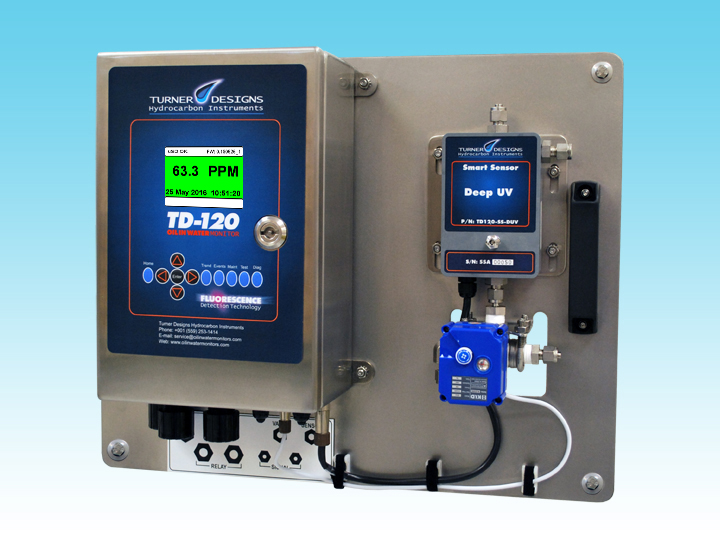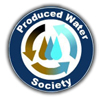Oil leaks in cooling water systems, usually from rotating heavy equipment such as pumps, compressors and turbines, contaminate the cooling water and are likely to damage the equipment. One method for detecting oil leaks in cooling water is to periodically grab a sample of the cooling water for analysis. Grab sample analysis has inherent problems. Sample analysis might require hours or days, and damage might occur to equipment before a leak is detected. For industrial applications, Turner Designs Hydrocarbon Instruments offers online monitors for leaks in cooling water—a quicker, more dependable leak detection method.
Cooling water systems are used to circulate water over a heat exchanger, thereby removing heat from the heat exchangers, and transferring it to the water. There are two common types of cooling systems: open loop and closed loop. Open loop, or once-through cooling systems circulate cooling water through a heat exchanger and return the discharge to the environment, typically lakes, rivers or the sea. Closed loop cooling systems circulate cooling water through a heat exchanger and have means of holding, treating and discharging the water.
In large industrial applications, such as power plants and mills, cooling towers are used to create a closed loop system. The recirculated water is treated with biocides, dispersants and corrosion inhibitors. Before the water can be returned to the environment it must undergo expensive treatment to counter pollutants and toxins. Fast, early detection of lube, hydraulic, transformer and turbine oils can mitigate the costs of treatment.
For industries using open loop cooling systems, an online oil in water monitor is useful for early detection of major oil spills. Extended periods lost to repair shut downs and regulatory compliance infractions can more easily be avoided.
TDHI offers more than 20 years experience in UV fluorescence oil in water monitors. UV fluorescence monitors are more sensitive to oil in water than UV absorption, turbidity or light scatter monitors. Continuous monitoring can quickly reveal small, intermittent leaks before damage to equipment or the environment occurs. UV fluorescence measurements are not adversely affected by the turbidity common to recirculated water or the naturally occurring organics in the water.
For more detailed information on cooling water applications, see Oil Cooler Leak Detection.




